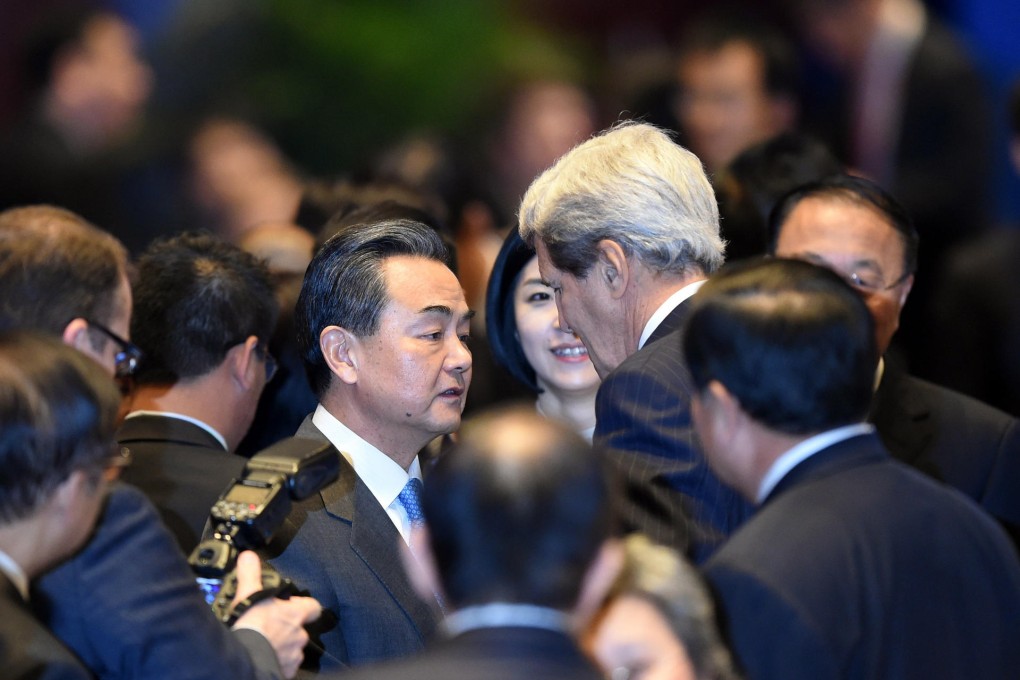China pulls back in bid for free-trade pact after tough talks with US
Compromise agreed with reluctant United States over Beijing's push for new Asia-Pacific pact

China has agreed to drop a gear in its push for a new regional free-trade pact after discussing it with the United States, according to officials from both sides familiar with the talks.
The pact, known as the Free Trade Area of the Asia Pacific (FTAAP), is a key initiative that China wants to promote at next week's Asia-Pacific Economic Cooperation forum in Beijing.
China has now agreed only to mention the idea in an annex to the final communiqué to be issued by Apec leaders. The annex will declare the launch of a "collective strategic study" of the FTAAP idea, according to a US official close to the talks.
It is a compromise by China, which is frustrated by Washington's lukewarm reaction to the idea, said a Chinese official familiar with the situation.
The FTAAP was initiated by the US years ago but Washington later shelved it in favour of the Trans-Pacific Partnership (TPP), which excludes China. Beijing picked up the FTAAP idea this year and initially planned to announce the launch of a "feasibility study" during the Beijing gathering.
Beijing originally aimed to complete the FTAAP by 2025, the US officials said. But after discussing the issue with Washington, it has now agreed to change the "feasibility study" to a "collective strategic study" and drop a target date, the US official said. He said Washington told China that the wording for its original goals were "misleading".